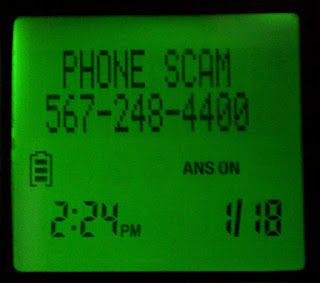
In my last post, I wrote about a terribly misleading postcard. While doing some research about truth in advertising, I came across some interesting examples.
They needed to clarify this because people were walking into
this Iowa store hoping to catch a train to Grand Central
Station.
At last, no more embarrassing questions to the store workers
asking if they carry the XXXL Depends adult diapers.
I called this number and told them they had won a million
dollars from the king of some nation they’d never heard of. All I needed was
their credit card number for a “transaction fee.”
Yes, that’s the reason a lot of men go to the gym—to see
ugly women.
Do the watches tell time, or do you have to look at them?
I was once told the same thing by two muggers.
Figures, I had them come to my house at 11:00 last
Monday.
Little known fact: "Dutch's" was the original name of Walmart.
This is what I’m looking for in a lawyer.
Strangely enough, this was posted outside a hardware store.
Part of a less-than-successful chain owned by the brothers “Yu,” “Soon”
and “Your Mom is.”
Amen.



















